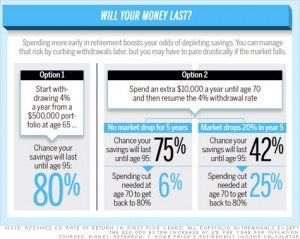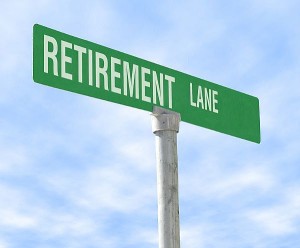 We recently read an article online that discussed the standard money mistakes that the average consumer makes over their lifetime. Although this was a great article, we decided to write our own biggest money mistakes with some of our own real-life situations that we have encountered. Here is our list of the biggest money mistakes.
We recently read an article online that discussed the standard money mistakes that the average consumer makes over their lifetime. Although this was a great article, we decided to write our own biggest money mistakes with some of our own real-life situations that we have encountered. Here is our list of the biggest money mistakes.
Biggest Money Mistakes
Selling an Investment Property too Soon:
Buying an investment property is probably the second biggest money decision most people make next to the decision to buy their own home. We purchased an investment property back in the ’80s with the idea of renting it out and watching the investment grow. Well after about 6 years and no appreciation we decided to sell. Had we waited another 5 years we would have tripled our original investment? Real estate is a long term investment!
Paying for Something Before it was Delivered:
We all have done this. We have paid for something that will be delivered in a few days or weeks in good faith. More and more often now, goods are not coming through on delivery due to delays are at worst companies going bankrupt. Now I always go for 10% down and the rest on delivery. At least this way I only lose 10% if something happens.
Not Selling High: Classic greed is all this is:
Holding a stock that has gain like crazy, expecting it to go higher and then it cracks and nosedive. Nortel is the classic case in recent memory. Sell at least half of your stock so that you capture some of the profits and lock them in. Sell them all when you have made a decent amount of money. Avoid being greedy!
Buying a Vacation Home as an Investment:
Some vacation homes will be a good investment, however, it is the old issue of supply and demand. Vacation homes can fall into oversupply and or low demand depending on the economy. If you can buy a place such as a cottage where no additional building is allowed, then you may be ok. Buying a vacation home in Las Vegas is the other extreme and really follows the oversupply and low demand phenomenon at the present time.
Keeping too Much Money in Employers Stock:
We have all heard the horror stories where someone’s total savings are locked up in company stock which is losing ground. Never do this. Diversify your savings or retirement portfolio to protect yourself from the troubles a single company may have.
Too Risk Adverse for My Age:
Common theory these days is to move from high-risk investments to safer investments that are income-driven as we get older. If you have a company pension then you can afford to take more risk, while people who depend on their savings for income should move to lower-risk investments as they get older.
Trusted and Advisers Guidance, and Ignored Fees:
Following an advisers guidance to invest in a high load mutual fund is probably the worst you can do. There are high fees that the mutual funds pay to the advisers. Also, trading stocks often is another way the advisers make their money. Always look at the investment and don’t blindly follow the investment advice.
Chased Hot Stocks:
Sometimes you win, but most times you lose. Most of us are too far removed from the investment to be able to react quickly enough to a hot stock that has suddenly gone cold. Unless you can follow a stock almost 24 hours a day, stick with blue-chip stocks that pay a good return.
Short Term Money into Hot Stocks:
Short term money should be put in something that is guaranteed to return your original investment. Never go with short term hot stocks for money that you will need soon. It may not be there when you need it.
Failed to Re-balance:
Re-balancing stocks and funds in your savings plans should be reviewed on a regular basis. Make sure that you continue to follow a diversified portfolio investment plan. This approach lowers your risk and ensures that you are not overexposed in one sector.
Panic When the Market Dropped:
I just spoke with an adviser who is a friend of ours. He mentioned that out of 400 clients, 2 sold and got out of the market when it crashed in 2008. The rest stayed pat and recovered all of their investments and then some. Once you get out of the market at a low point, that money that you lost is gone and can never be gained back.
Good luck with your investments and hopefully these ideas and money mistakes can be avoided in your future. Comments welcome.









